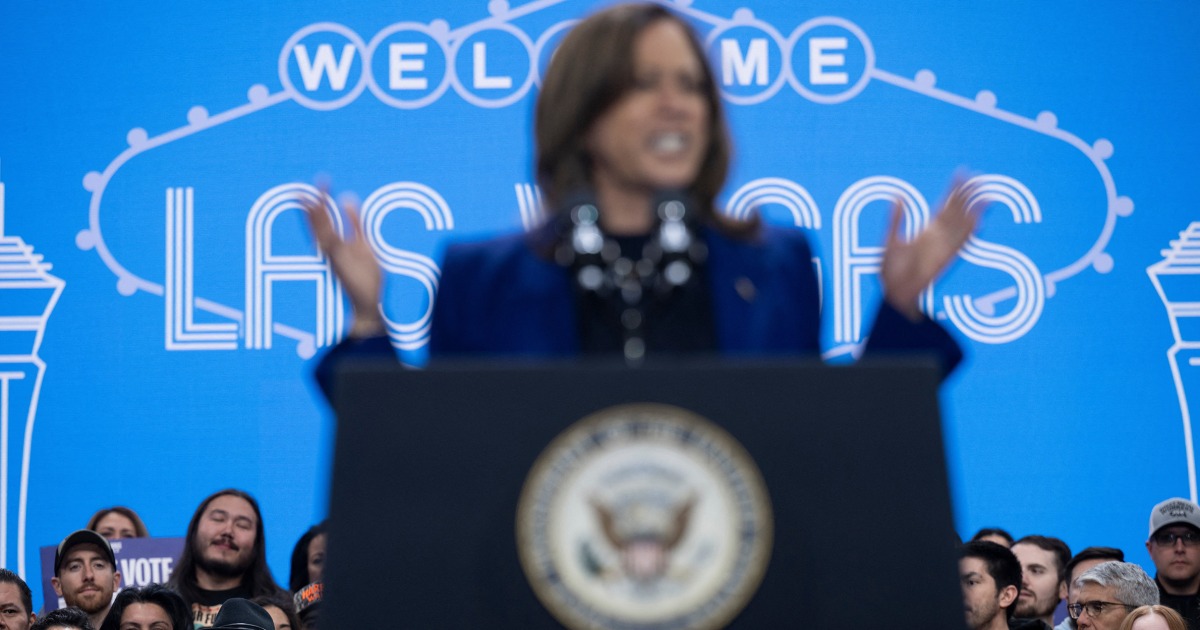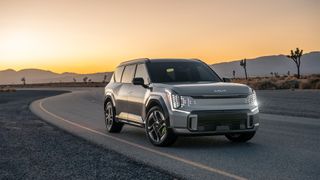
Then-U.S. President Donald Trump speaks during a visit to Fincantieri Marinette Marine shipyard in Marinette, Wis.
, in this June 2020 photo. AP-Yonhap Construction sector expects probable cease-fire in Ukraine By Park Jae-hyuk U.S.
President-elect Donald Trump indicated his incoming administration’s intent to strengthen partnerships with Korean shipbuilders during a Thursday phone call with President Yoon Suk Yeol. Principal Deputy National Security Adviser Kim Tae-hyo told reporters that Trump mentioned the necessity of Korea’s support for the U.S.
shipbuilding industry. “Trump told Yoon that he is aware of Korea’s world-class ability to build naval and commercial vessels, mentioning the need for a close cooperation with Korea in the maintenance, repair and overhaul (MRO) of ships, as well as in ship exports,” Kim said. “Trump wants to continue in-depth talks with Yoon regarding this matter.
” Following his remarks, stock prices of HD Hyundai Heavy Industries (HHI), Hanwha Ocean and other Korean shipbuilding companies soared rapidly on Thursday morning. Hyundai Hyms, which supplies shipbuilding materials to HD Hyundai’s subsidiaries, hit the daily ceiling of 13,390 won ($9.59).
Both HD Hyundai and Hanwha have been focusing on participating in the U.S. naval vessel MRO projects during the presidency of Joe Biden, with the aim of making stable profits in the mega-sized market.
In particular, Hanwha Ocean received an order from the U.S. Navy in August to overhaul a dry cargo and ammunition ship at its shipyard on Geoje Island, South Gyeongsang Province, after the company signed an agreement in June to acquire debt-ridden Philly Shipyard in Philadelphia.
On Oct. 24, Hanwha Group Vice Chairman Kim Dong-kwan invited Adm. Steve Koehler, the commander of the U.
S. Pacific Fleet, to the Geoje shipyard . “We are in talks with the U.
S. Navy to receive additional MRO orders,” a Hanwha Ocean official said, Oct. 29, during a conference call on the shipbuilder’s third-quarter earnings.
HD HHI also signed a master ship repair agreement with the U.S. Naval Supply Systems Command in July, although the company has opted not to bid for U.
S. naval vessel MRO projects this year, citing their low profitability. “We plan to enter the U.
S. naval vessel MRO market next year, considering the profitability of orders and the capacity of our shipyard,” an HD HHI official said. Korean shipbuilders are also expected to enjoy benefits from potential demand in the U.
S. for carriers of liquefied natural gas and liquefied petroleum gas. “The Trump administration’s fossil fuel-oriented policies will provide a favorable business environment for Korean shipbuilders,” Samjong KPMG said in a report.
Read More US Navy woos HD Hyundai, Hanwha Korea to ramp up drive to win reconstruction projects in Ukraine next year The construction industry has been mentioned as another sector to benefit from Trump’s reelection. “Considering that Trump vowed to end the war between Russia and Ukraine, construction firms will be able to seize opportunities, once the post-war reconstruction projects begin,” the accounting firm said. Stock prices of SG, Sambu Construction and other Korean firms ready to participate in the reconstruction projects rose on Thursday, following hikes in their stock prices on Wednesday afternoon, when Trump was on the verge of clinching the victory.
“Investors will begin to sort out a handful of companies that can really participate in the reconstruction projects and that can prove their abilities to generate meaningful profits from the projects,” SK Securities analyst Heo Sun-jae said. However, Korean construction firms may face fierce competition with their rivals in other countries, such as Turkey. There also remains skepticism about their profitability, given that Trump’s hardline stance on the Middle East may hinder them from receiving orders in the region.
.














